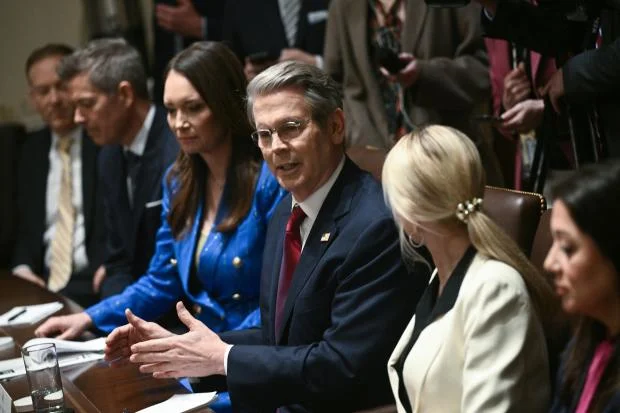
Scott Bessent Faces the Spotlight as Trade Wars Shake U.S. Economic Policy
As the Trump administration’s tariffs send ripples through the global economy, Treasury Secretary Scott Bessent has found himself navigating both fierce public scrutiny and challenging private audiences. The recent closed-door dinner, orchestrated by former Secretary Steven T. Mnuchin to welcome Bessent into the elite circle of past Treasury heads, unfolded with a gravity rarely seen in such gatherings—a sign of the uneasy times ahead.

The dinner convened on what President Trump dubbed “Liberation Day” was anything but lighthearted. The U.S., now at the epicenter of a mounting trade war due to punitive tariffs on both allies and adversaries, faced questions about the wisdom and trajectory of this course. The mood was described as "somber" by W. Michael Blumenthal, a veteran of the Carter administration, underscoring the high stakes and deep divides in economic policy thinking. With the likes of Robert E. Rubin, Henry M. Paulson, Lawrence H. Summers, Timothy F. Geithner, and Jack Lew in attendance, Bessent was among critics as much as colleagues.
According to those familiar with the dinner, Bessent was pressed relentlessly on the logic and expected impact of the 90-day pause on so-called "reciprocal" global tariffs—a signature move by President Trump that has shaken markets and unsettled international relationships. At times, Bessent raised his voice, passionately defending the administration’s tough stance on foreign trade practices, even as concerns about economic fallout mounted. “He didn’t just smile,” recalled Blumenthal. “There he is—he has to defend it.”
This rare and candid exchange shows the acute tension at the heart of current U.S. economic management. While past Treasury leaders have often offered gentle advice, this meeting signaled a genuine schism over America’s position in the world economic order. The absence of former Secretary Janet L. Yellen, who was overseas in Australia, was noted, but the core critique remained united among attendees: is aggressive protectionism risking long-term damage while seeking short-term leverage?
Treasury officials declined to comment on details of the heated evening, and Bessent himself stayed silent officially, but the message from the gathering is clear: The path forward is fraught with risk and uncertainty, and voices from within the American economic establishment are more divided than ever.
As the trade war continues to unfold, the decisions made in closed rooms like this one may define the future of U.S. economic prosperity or prove costly. Is this new approach to economic leadership bold foresight or dangerous brinkmanship? The stakes could not be higher as the world watches. What do you think—is the U.S. moving in the right direction, or are new risks being underestimated? Share your take in the comments below.